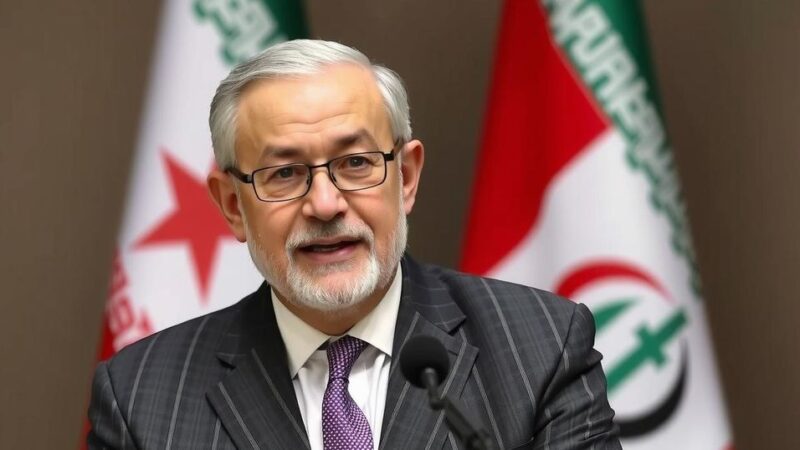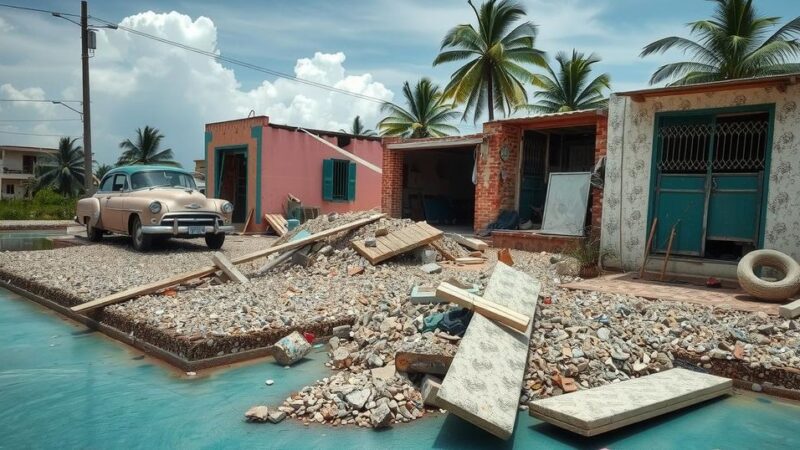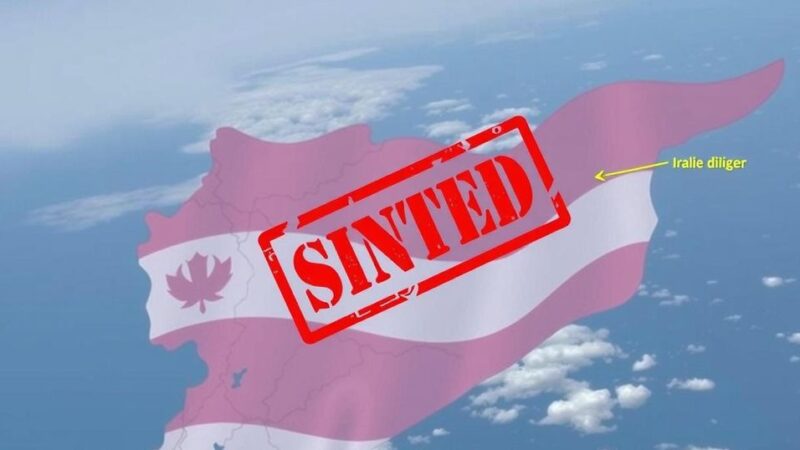Egypt, Somalia, and Eritrea have established a strategic alliance in response to escalating tensions with Ethiopia. The move was solidified during a summit in Asmara and follows Ethiopia’s controversial dealings with Somaliland, prompting fears of destabilization in the region. Somalia and Egypt are deepening military cooperation while Eritrea plays a facilitating role, indicating a significant shift in regional dynamics amidst ongoing disputes over national interests and resources.
In a pivotal diplomatic maneuver, Egypt, Somalia, and Eritrea have united to form a strategic alliance in response to increasing tensions with Ethiopia. This noteworthy development was highlighted during a summit held in Asmara, where Egyptian President Abdel Fattah al-Sisi conferred with Somali President Hassan Sheikh Mohamud and Eritrean President Isaias Afwerki to explore avenues for enhanced cooperation. This coalition emerges against the backdrop of Ethiopia’s contentious engagement with Somaliland, which has raised alarms regarding potential regional instability as Ethiopia seeks access to a Red Sea coastline. Egypt, already embroiled in disputes with Ethiopia concerning the Grand Ethiopian Renaissance Dam (GERD), perceives this recent Ethiopian strategy as a threat that could exacerbate already precarious regional dynamics and undermine Egypt’s national interests. Somalia, threatened by Ethiopia’s endorsement of Somaliland, has allied with Egypt, thus fostering increased military collaboration. This partnership has resulted in Egypt deploying military resources to Somalia, both to strengthen Somali defense capabilities and to articulate a clear position against Ethiopia’s regional ambitions. Eritrea, historically more distant from regional alliances, has taken on a more facilitative role, presenting itself as a venue for these vital discussions. President Isaias Afwerki, known for his generally cautious foreign policy, views this alliance as an opportunity to counterbalance Ethiopia’s growing influence in the region. The summit’s outcomes are anticipated to lead to a formal agreement that may establish a framework for collective security or potentially introduce economic sanctions targeting Ethiopia. Such a coalition stands to significantly alter the geopolitical landscape of the Horn of Africa, affecting trade routes and military alignments. While this alliance has sparked concerns over the likelihood of proxy conflicts and an escalation in militarization, experts suggest that a full-scale military confrontation remains improbable due to the larger geopolitical ramifications at stake. However, one may expect an uptick in diplomatic engagements and economic pressures among the involved nations. The implications of this summit will be scrutinized by regional actors as well as global powers that hold strategic interests in the stability of the Red Sea and broader continental politics. The subsequent actions taken by this alliance may either foster conditions for negotiated peace or intensify existing rivalries in this volatile region.
The recent diplomatic engagement between Egypt, Somalia, and Eritrea is situated in a context fraught with tensions involving Ethiopia, particularly concerning the Grand Ethiopian Renaissance Dam and Ethiopia’s claims over Somaliland. These regional dynamics are complicated further by historical disputes regarding water rights and national sovereignty, laying the groundwork for strategic realignments among neighboring countries. Ethiopia’s actions, especially its deal with Somaliland for gaining coastline access, have provoked fears of destabilization, thereby necessitating a counter-alliance formed by Egypt, Somalia, and Eritrea. This partnership indicates a significant shift in regional politics, likely signaling a new phase in the Horn of Africa’s geopolitical relations.
In conclusion, the alliance forged between Egypt, Somalia, and Eritrea represents a critical development in response to perceived threats from Ethiopia. As these nations convene to discuss their strategic objectives, the potential for collective action against Ethiopia raises important questions regarding regional stability. While the context is marked by concerns over militarization and proxy conflicts, the outcomes of this summit could either lead toward peaceful negotiations or deepen entrenched rivalries. The repercussions of this newly established partnership will undoubtedly reverberate across the geopolitical landscape of the Horn of Africa.
Original Source: www.garoweonline.com







